July 22 stands as one of history’s most eventful days, witnessing the rise and fall of empires, groundbreaking discoveries, and moments that shaped our modern world across centuries of human achievement.
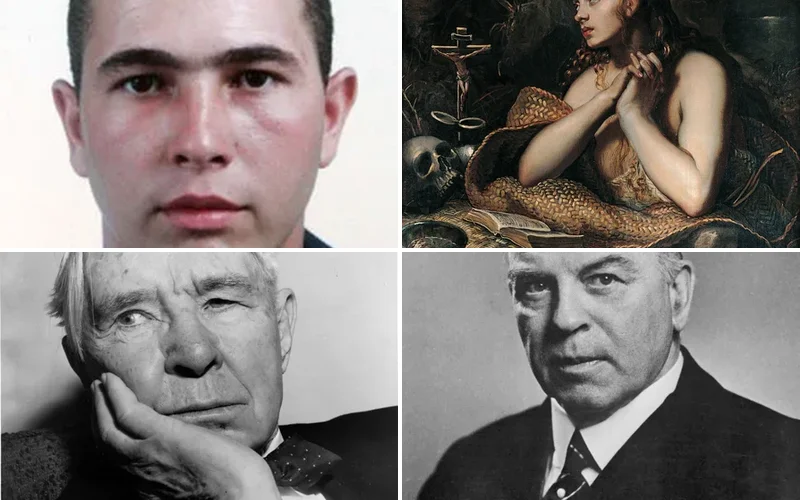
Politics and Government Events on July 22
1937 – New Deal Supreme Court Proposal Defeated
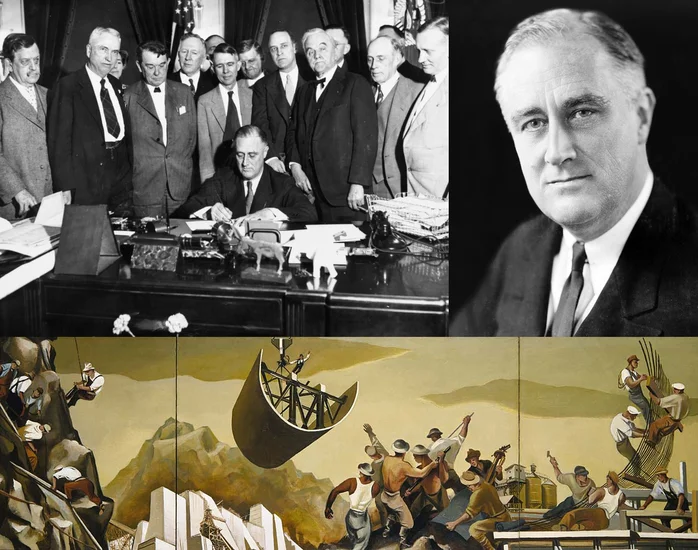
The United States Senate votes down President Franklin D. Roosevelt’s proposal to add more justices to the Supreme Court. This controversial “court-packing” plan would have increased the number of justices from nine to fifteen.
Roosevelt’s attempt to reshape the judiciary faced fierce opposition from both parties. The proposal’s defeat preserved the traditional balance of power between the executive and judicial branches of government.
1944 – Polish Committee of National Liberation Manifesto Published
The Polish Committee of National Liberation publishes its manifesto, starting the period of Communist rule in Poland. Soviet-backed forces established this provisional government to challenge the London-based Polish government-in-exile.
The manifesto promised land reforms and democratic governance while aligning Poland with Soviet interests. This document marked Poland’s decisive shift toward communist ideology for the next four decades.
1976 – Deng Xiaoping Restored to Power in China

Chinese leader Deng Xiaoping is restored to power following his political rehabilitation. The Communist Party reinstated him after years of internal struggle and exile during the Cultural Revolution.
Deng’s return marked China’s pivot toward economic modernization and market reforms. His leadership would transform China from an isolated communist state into a global economic powerhouse.
1981 – Martial Law Revoked in Poland
Martial law in Poland is officially revoked after nearly two years of military rule. General Wojciech Jaruzelski’s government lifted the restrictions that had suppressed the Solidarity movement and civil liberties.
The revocation represented a gradual loosening of communist control over Polish society. Political prisoners gained freedom while underground opposition movements prepared for eventual democratic transition.
1963 – Crown Colony of Sarawak Gains Self-Governance
Crown Colony of Sarawak gains self-governance as part of British decolonization efforts. The territory received increased autonomy while preparing for eventual independence and merger with Malaysia.
Local leaders assumed greater control over internal affairs and economic development. This transition represented Britain’s systematic withdrawal from Southeast Asian colonial territories during the 1960s.
Military and Naval History on July 22
1916 – Preparedness Day Bombing in San Francisco

A bomb explodes on Market Street during a parade in San Francisco, killing ten and injuring 40. The attack occurred during a “Preparedness Day” demonstration supporting American military readiness for World War I.
Labor activists Tom Mooney and Warren Billings were controversially convicted for the bombing. Their case became a cause célèbre, highlighting tensions between labor movements and wartime patriotism.
1921 – Spanish Army Suffers Defeat in Rif War
The Spanish Army suffers its worst military defeat in modern times to the Berbers of the Rif region of Spanish Morocco. Rif forces under Abd el-Krim inflicted devastating casualties on Spanish colonial troops.
The defeat exposed Spain’s military weakness and colonial overextension in North Africa. This humiliation contributed to growing domestic political instability and military discontent throughout the 1920s.
1943 – Allied Forces Capture Palermo
Allied forces capture Palermo during the Allied invasion of Sicily in World War II. American and British troops secured the Sicilian capital after fierce resistance from German and Italian defenders.
The capture of Palermo marked a crucial milestone in the Italian campaign. Allied control of Sicily’s major port facilitated the eventual invasion of mainland Italy.
1946 – King David Hotel Bombing

The Irgun, a Zionist underground organization, bombs the King David Hotel in Jerusalem, resulting in 91 deaths. The hotel housed British civil administration and military headquarters for Mandatory Palestine.
The attack represented escalating Jewish resistance to British rule in Palestine. This bombing intensified international pressure for a resolution to the Palestinian question.
2003 – Hussein Sons Killed in Iraq
Members of 101st Airborne and Special Forces attack a compound in Iraq, killing Saddam Hussein’s sons Uday and Qusay. The operation also resulted in the deaths of Qusay’s 14-year-old son and a bodyguard.
The successful mission dealt a significant blow to Iraqi resistance movements. The deaths of Hussein’s sons marked a turning point in the search for the deposed dictator.
Science and Discovery Milestones on July 22
1951 – First Dogs Successfully Return from Space
Soviet space dogs Dezik and Tsygan were launched into sub-orbital spaceflight from Kapustin Yar. They became the first dogs to fly in space and the first to safely return to Earth.
The successful mission proved that living organisms could survive space travel and return safely. This achievement paved the way for human spaceflight and demonstrated Soviet space program capabilities.
1962 – Mariner 1 Spacecraft Destroyed After Launch
Mariner 1 spacecraft flies erratically several minutes after launch and has to be destroyed. The mission intended to conduct the first American flyby of Venus failed due to a guidance system malfunction.
NASA destroyed the spacecraft to prevent it from crashing into populated areas. The failure taught valuable lessons about spacecraft guidance systems and quality control procedures.
2019 – Chandrayaan-2 Lunar Mission Launched
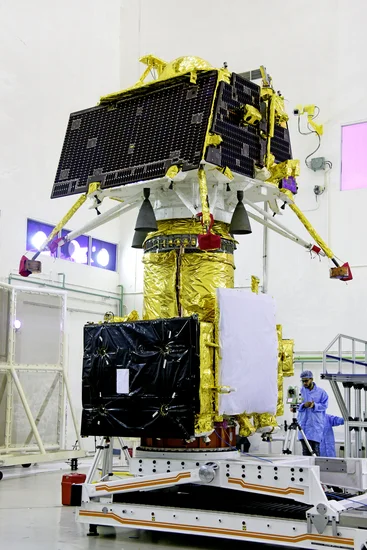
India’s Chandrayaan-2 launches from Satish Dhawan Space Centre aboard a GSLV Mark III rocket. The mission consisted of a lunar orbiter, the Vikram lander, and the Pragyan rover.
The launch demonstrated India’s growing space capabilities and ambitions for lunar exploration. Although the lander experienced difficulties, the orbiter successfully conducted scientific observations from lunar orbit.
Cultural and Arts Events on July 22
1937 – Aviator Wiley Post Completes Solo World Flight

Aviator Wiley Post returns to Floyd Bennett Field in New York City, completing the first solo flight around the world. His journey took seven days, 18 hours and 49 minutes in his aircraft “Winnie Mae.”
Post’s achievement captured global imagination and demonstrated advances in aviation technology. The flight proved that individual pilots could accomplish feats previously requiring large expeditions.
1933 – Spanish Civil War Valencia Committee Takes Power
The Popular Executive Committee of Valencia takes power in the Valencian Community during the Spanish Civil War. Republican forces established this regional government to coordinate resistance against Nationalist forces.
The committee represented the complex political dynamics of the Spanish Civil War. Valencia became a crucial Republican stronghold and temporary capital during the conflict.
Religious and Social Events on July 22
1942 – Grossaktion Warsaw Deportations Begin
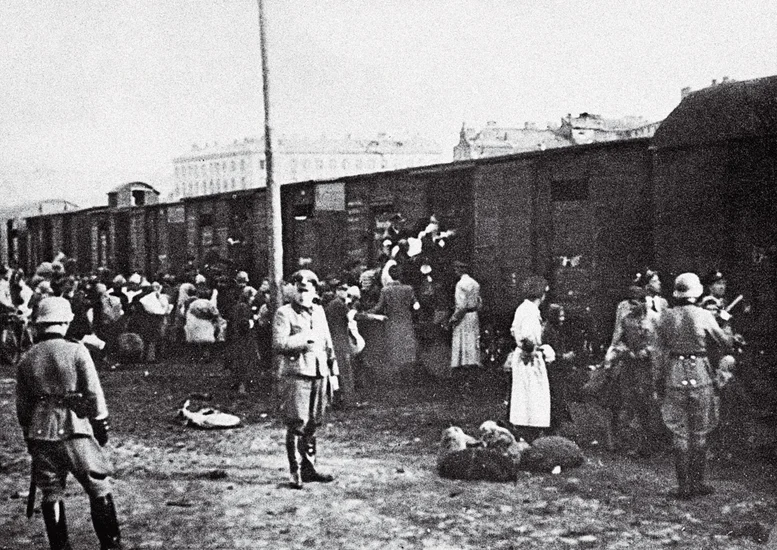
The systematic deportation of Jews from the Warsaw ghetto begins as part of the Nazi Final Solution. German forces initiated mass roundups for transport to Treblinka extermination camp.
Over 250,000 Jews were deported during the two-month operation. The Grossaktion represented one of the Holocaust’s most devastating episodes of mass murder.
1943 – Athens Protest Violently Dispersed
Axis occupation forces violently disperse a massive protest in Athens, killing 22 demonstrators. Greek civilians had gathered to protest food shortages and brutal occupation policies.
The massacre intensified Greek resistance to Axis occupation forces. The violent response demonstrated the occupiers’ increasing desperation and loss of popular support.
2005 – Jean Charles de Menezes Killed by Police

Jean Charles de Menezes is killed by police during the hunt for London bombers. Metropolitan Police officers shot the Brazilian electrician at Stockwell tube station, mistaking him for a terrorist.
The shooting sparked intense debate about police tactics and shoot-to-kill policies. The incident highlighted the tension between security measures and civil liberties in counter-terrorism operations.
Business and Economic Events on July 22
1942 – United States Begins Gasoline Rationing
The United States government begins compulsory civilian gasoline rationing due to wartime demands. The Office of Price Administration implemented a complex system of ration stickers and coupons.
Rationing affected American driving habits and promoted carpooling and public transportation. The program demonstrated the home front’s contribution to the war effort through resource conservation.
1975 – Japan Completes Philippine War Reparations
Japan completes its last reparation payment to the Philippines for war crimes committed during World War II. The reparations program included both monetary payments and development assistance projects.
The completion marked the end of Japan’s formal war reparations obligations. These payments helped rebuild Philippine infrastructure while normalizing diplomatic relations between the two nations.
1992 – Pablo Escobar Escapes Luxury Prison
Colombian drug lord Pablo Escobar escapes from his luxury prison near Medellín, fearing extradition to the United States. Escobar had negotiated favorable imprisonment terms in exchange for surrender.
The escape embarrassed the Colombian government and intensified the drug war. Escobar’s flight marked the beginning of a massive manhunt that would end with his death.
Transportation and Infrastructure on July 22
1997 – Second Blue Water Bridge Opens

The second Blue Water Bridge opens between Port Huron, Michigan and Sarnia, Ontario. The new span doubled the crossing capacity between the United States and Canada at this vital trade corridor.
The bridge enhanced commercial traffic flow between the two countries. This infrastructure improvement facilitated increased trade and economic cooperation in the Great Lakes region.
1973 – Pan Am Flight 816 Crashes in Tahiti

Pan Am Flight 816 crashes after takeoff from Faa’a International Airport in Papeete, French Polynesia, killing 78 people. The Boeing 707 experienced engine failure shortly after departure.
The crash highlighted aviation safety challenges in remote Pacific locations. Investigation findings led to improved engine maintenance procedures and emergency response protocols.
1993 – Great Flood Forces Illinois Town Evacuation

Levees near Kaskaskia, Illinois rupture during the Great Flood of 1993, forcing the entire town to evacuate. Army Corps of Engineers operated barges to transport residents to safety.
The flood demonstrated the vulnerability of Mississippi River communities to extreme weather. The disaster prompted major revisions to flood control policies and infrastructure investment.
Sports and Recreation on July 22
1990 – Greg LeMond Wins Third Tour de France
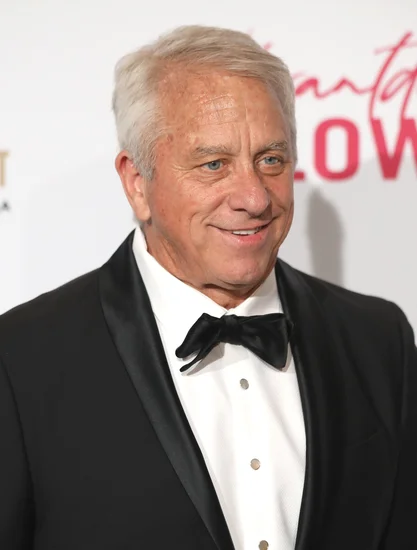
American road racing cyclist Greg LeMond wins his third Tour de France after leading the majority of the race. This victory marked LeMond’s second consecutive Tour de France championship.
LeMond’s triumph represented American cycling’s golden age in international competition. His success inspired a generation of American cyclists to pursue professional racing careers.
1981 – First South Africa Rugby Tour Game
The first game of the 1981 South Africa rugby union tour of New Zealand and the United States is held in Gisborne, New Zealand. The controversial tour proceeded despite widespread protests against apartheid.
The tour sparked massive demonstrations and civil unrest throughout New Zealand. The events highlighted international opposition to South Africa’s racial segregation policies.
2013 – Dingxi Earthquakes Strike China

A series of earthquakes in Dingxi, China, kills at least 89 people and injures more than 500 others. The seismic activity caused widespread structural damage in rural communities.
The earthquakes highlighted China’s vulnerability to natural disasters in mountainous regions. Emergency response efforts demonstrated improvements in disaster preparedness and coordination.
Notable Births on July 22
1923 – Bob Dole, American Politician
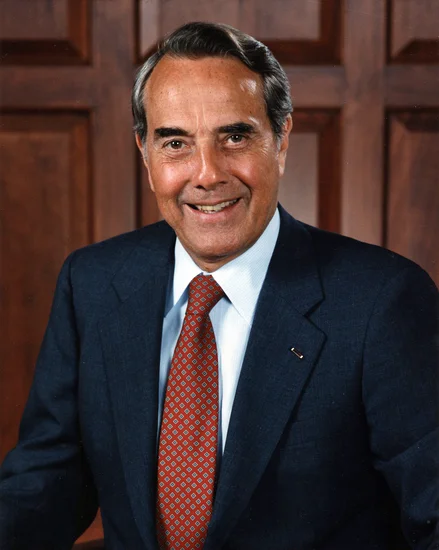
American soldier, lawyer, and politician Bob Dole was born in Russell, Kansas. His small-town upbringing instilled values of hard work and public service that shaped his political career.
Dole would become one of America’s most respected senators and the Republican presidential nominee in 1996. His wit and bipartisan approach earned him admiration across party lines.
1941 – Alex Trebek, Game Show Host
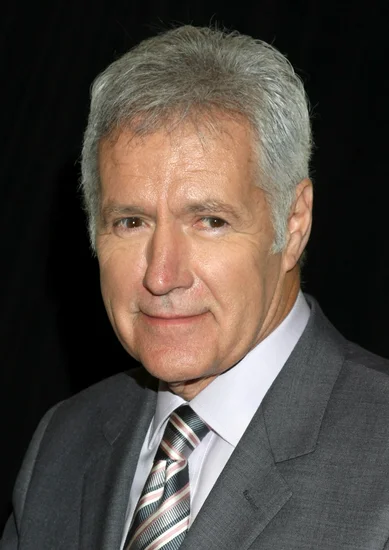
Canadian-American game show host Alex Trebek was born in Sudbury, Ontario. His early career in Canadian broadcasting prepared him for decades of American television success.
Trebek became synonymous with “Jeopardy!” and transformed game show hosting into an art form. His dignified presence and quick wit made him a beloved television personality.
1946 – Danny Glover, American Actor

American actor, director, and producer Danny Glover was born in San Francisco, California. His early involvement in civil rights activism influenced his later career choices and social advocacy.
Glover achieved fame through roles in “The Color Purple” and “Lethal Weapon” film series. His commitment to social justice issues extended his influence beyond entertainment.
1947 – Albert Brooks, Actor and Comedian
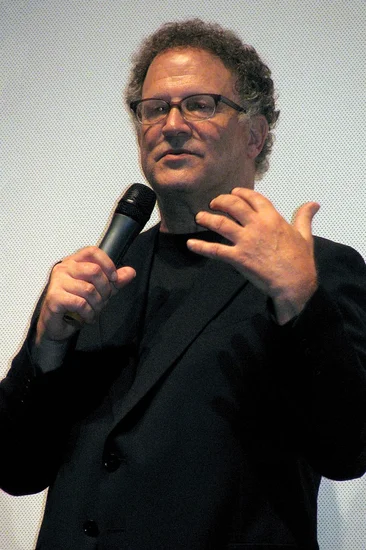
American actor, comedian, director, and screenwriter Albert Brooks was born in Beverly Hills, California. His father’s career in entertainment provided early exposure to comedy and performance.
Brooks developed a distinctive style of neurotic, self-deprecating humor in films and television. His work influenced a generation of comedians and filmmakers.
1963 – Don Henley, Musician

American singer-songwriter and drummer Don Henley was born in Gilmer, Texas. His rural upbringing influenced his later songwriting themes and musical sensibilities.
Henley co-founded the Eagles and became one of rock music’s most successful artists. His solo career produced numerous hits and established him as a skilled songwriter.
1965 – Shawn Michaels, Professional Wrestler

American wrestler, trainer, and actor Shawn Michaels was born in Chandler, Arizona. His athletic background and showmanship made him a natural fit for professional wrestling.
Michaels became one of WWE’s most popular performers and helped elevate wrestling entertainment. His matches and storylines defined an era of professional wrestling.
1978 – Willem Dafoe, American Actor

American actor Willem Dafoe was born in Appleton, Wisconsin. His early interest in experimental theater shaped his approach to character development and performance.
Dafoe’s intense performances in films like “Platoon” and “The Boondock Saints” established him as a versatile character actor. His commitment to challenging roles earned critical acclaim.
1992 – Selena Gomez, Singer and Actress

American singer and actress Selena Gomez was born in Grand Prairie, Texas. Her early exposure to entertainment through her mother’s acting career influenced her artistic development.
Gomez transitioned from Disney Channel star to successful recording artist and actress. Her advocacy for mental health awareness expanded her influence beyond entertainment.
Notable Deaths on July 22
1934 – John Dillinger, American Gangster
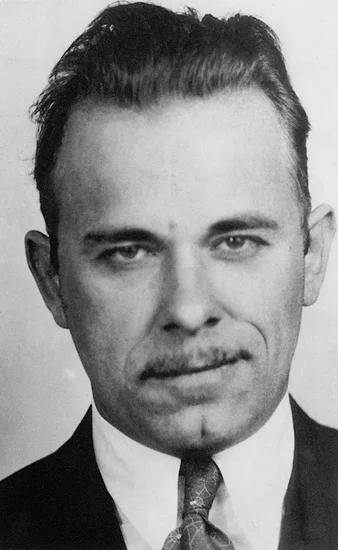
American gangster John Dillinger was shot and killed by FBI agents outside Chicago’s Biograph Theater. His criminal career during the Great Depression made him a notorious public enemy.
Dillinger’s death marked the end of the era’s most famous bank robber. His legend grew after death, symbolizing Depression-era desperation and anti-establishment sentiment.
1950 – William Lyon Mackenzie King, Canadian Prime Minister
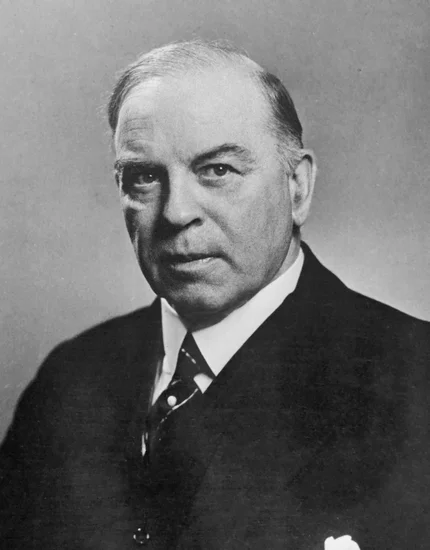
Canadian economist and politician William Lyon Mackenzie King died after serving as Canada’s 10th Prime Minister. His long tenure shaped modern Canadian politics and international relations.
King led Canada through World War II and established foundations for the country’s welfare state. His political longevity and pragmatic approach defined mid-20th century Canadian governance.
1967 – Carl Sandburg, American Poet
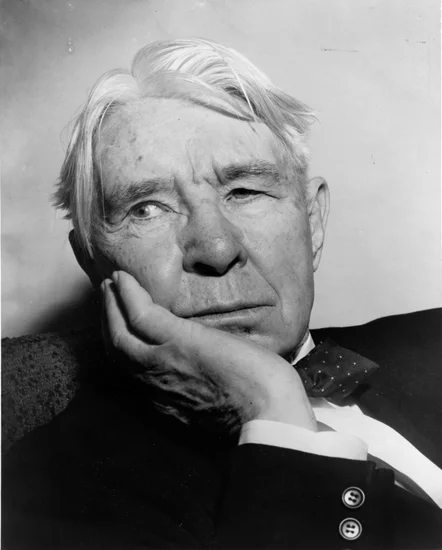
American poet and historian Carl Sandburg died at his North Carolina home. His celebration of American working-class life and industrial progress earned him widespread recognition.
Sandburg’s poetry captured the spirit of American cities and common people. His biographical work on Abraham Lincoln won Pulitzer Prizes and established his literary reputation.
1932 – Flo Ziegfeld, American Producer

American actor and producer Flo Ziegfeld died, ending an era of Broadway entertainment. His Ziegfeld Follies defined American musical theater and launched countless careers.
Ziegfeld’s productions combined spectacular staging with beautiful performers and talented comedians. His influence on American entertainment and popular culture extended far beyond Broadway.
2008 – Estelle Getty, American Actress
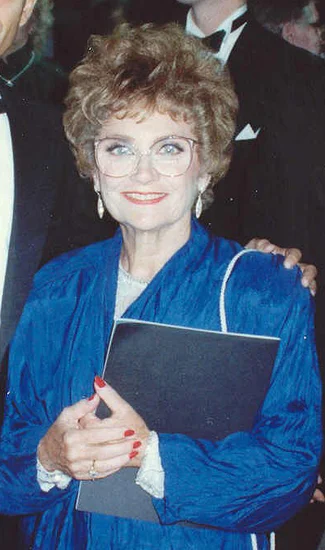
American actress Estelle Getty died after a distinguished career in theater and television. Her portrayal of Sophia Petrillo on “The Golden Girls” made her a beloved television icon.
Getty’s sharp wit and comedic timing brought joy to millions of viewers. Her success later in life inspired older actors and challenged ageism in entertainment.
2024 – John Mayall, English Musician
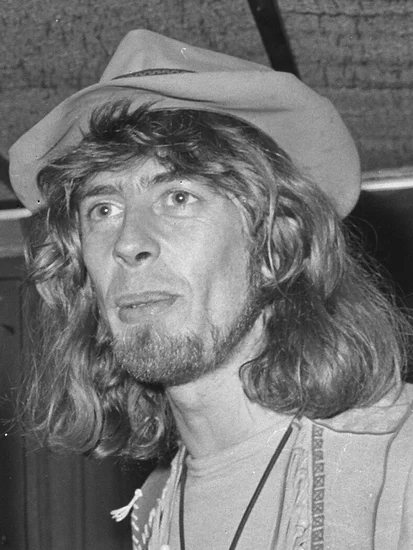
English singer-songwriter, guitarist, and producer John Mayall died, ending a legendary career in blues music. His bands launched the careers of numerous rock legends including Eric Clapton.
Mayall’s influence on British blues and rock music cannot be overstated. His willingness to nurture young talent helped shape the sound of 1960s rock music.
Holidays and Observances on July 22
Sarawak Independence Day
Sarawak Independence Day commemorates the Malaysian state’s journey toward self-governance and eventual independence from British colonial rule. The celebration honors Sarawak’s unique cultural heritage and political development.
Modern observances include cultural performances, historical exhibitions, and civic ceremonies. The holiday strengthens regional identity while celebrating Malaysia’s diverse federal structure.
Christian Feast of Mary Magdalene

The Christian church celebrates the feast day of Mary Magdalene, recognizing her role as a devoted follower of Jesus Christ. Various denominations honor her significance in Christian tradition and theology.
Mary Magdalene’s feast day emphasizes themes of redemption, devotion, and witness. Her story continues to inspire believers and influence Christian artistic and literary traditions.
Eastern Orthodox Liturgical Observances
Eastern Orthodox churches observe specific liturgical commemorations according to their traditional calendar. These observances maintain ancient Christian practices and theological traditions.
The liturgical calendar provides structure for Orthodox worship and spiritual discipline. These observances connect contemporary believers with centuries of Christian tradition and practice.
